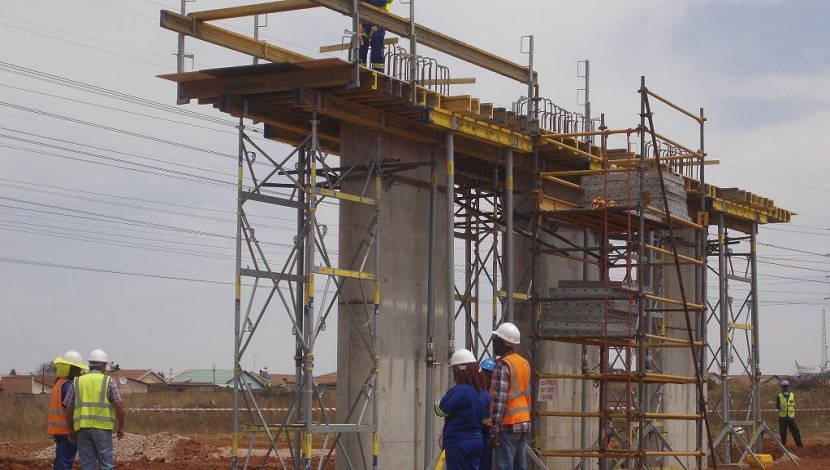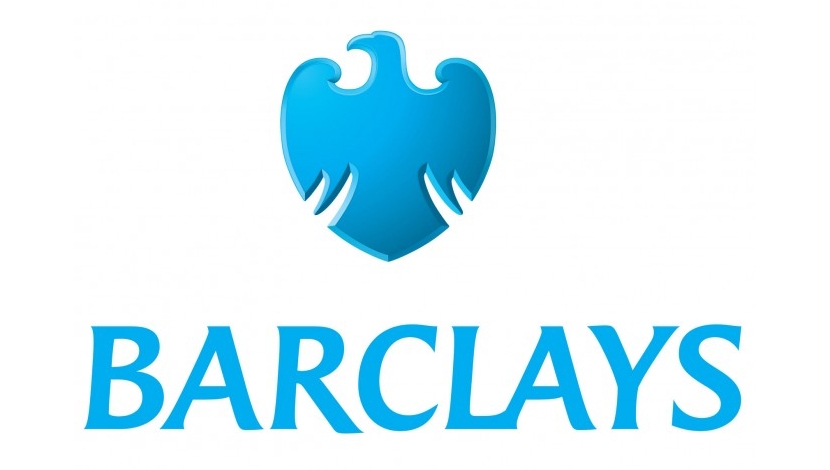

The Benchmark for Investing in African Infrastructure Project Development (I4PD Benchmark) said the risk premium attached to African projects was significantly higher than that of other developing country regions such as Latin America, Asia, emerging Europe and the Middle East.
Faced with a high perceived risk and cost of capital, Africa is the only region where the survey participants put the required internal rate of return at 16% to 20% for securing local partners, strategic investors, and international finance partners. It is between 11% and 15% in other developing country regions
The survey was pioneered by the Advisory Board of the African Investors African Project Developers Forum with technical support from Africa Investor (Ai) Capital and the Global Clearing house of Development Finance (GlobalID).
GlobalID executive director Barbara Samuels, told the Fidic-Gama conference on African infrastructure, in Cape Town, that the benchmark was aimed at identifying the obstacles to scaling up infrastructure in Africa.
Project developers, financial advisers and investors were among those surveyed.
“In Africa, it’s extremely important to have political support. It’s off the charts in Africa compared to other regions,” said Samuels.
Also, greater support is needed from development institutions, while more investment incentives and funding for non-economic infrastructure for a project, are essential to reach full closure.
A shortage of qualified professionals made it much harder to secure qualified professionals in Africa, particularly qualified local project developers.
The reported success rate of African infrastructure projects, gauged by those reaching financial close and able to provide services, averaged only ±20%, compared to 25% in Latin America, 27% in Asia and 40% in the Middle Eat. Project success for advanced economies is 46%.
Development costs for projects are also high on the continent, making up to 5% to 12% of total project costs.
High risks translate into fewer projects , and those being developed have to pay high premiums. But there are things that can be done to improve the situation: loosening government red tape and being clear with government about what needs to be done to secure the offtake agreements and deliver the projects.
‘We need armies of engineers in Africa,” said Samuels. “It will also help to link brand-name, world class engineering firms with smaller local engineering firms, which would have offtake agreements.”





